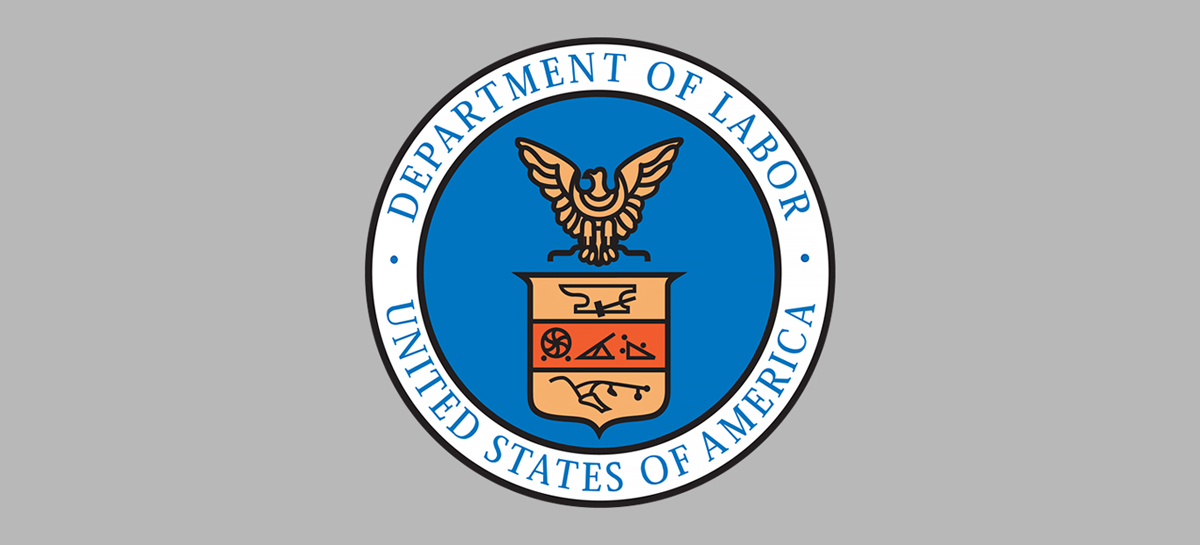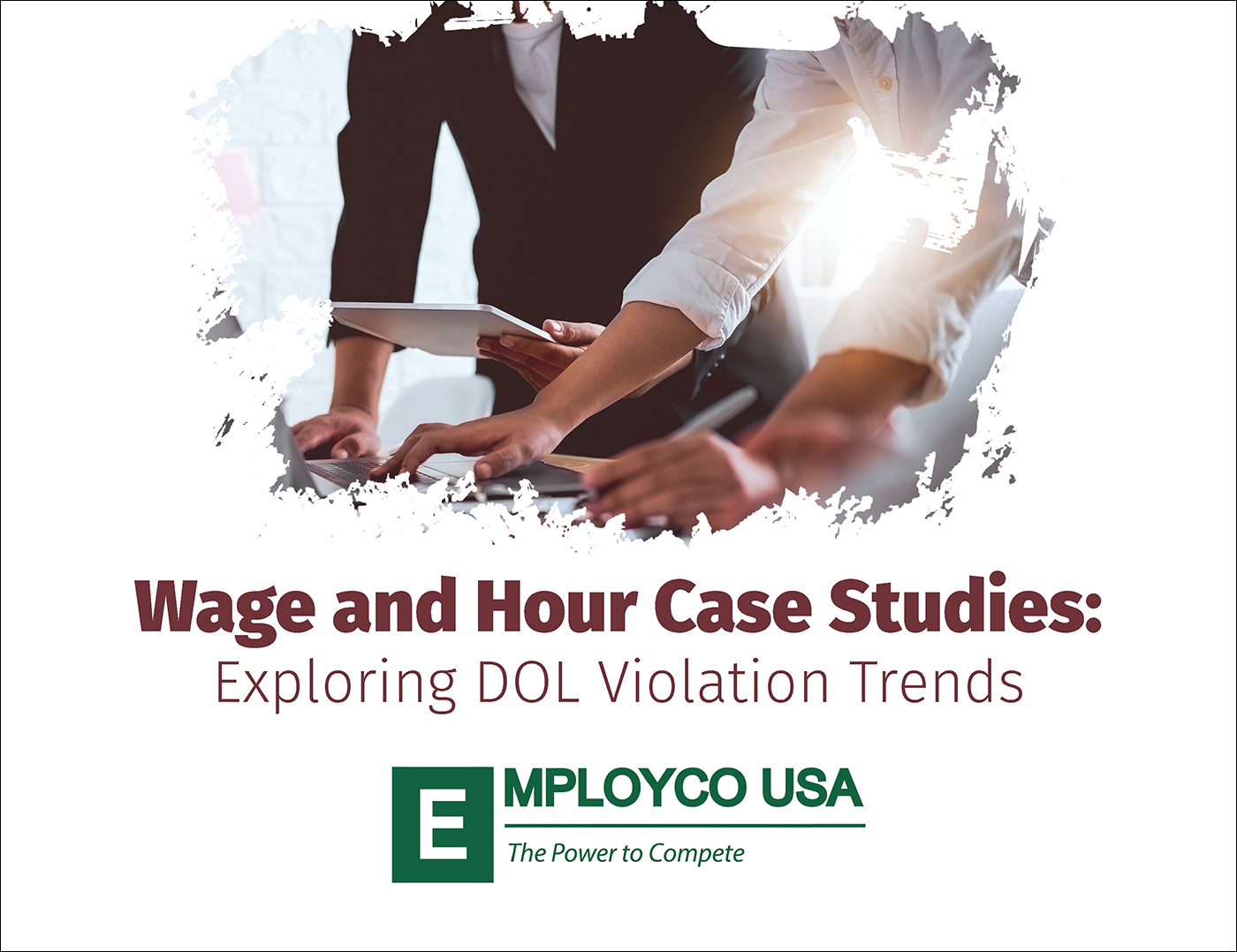
The U.S. Department of Labor’s (DOL) Wage and Hour Division (WHD) enforces federal minimum wage, overtime pay, recordkeeping and child labor requirements of the Fair Labor Standards Act (FLSA). The WHD also enforces the Migrant and Seasonal Agricultural Worker Protection Act, the Employee Polygraph Protection Act, the Family and Medical Leave Act (FMLA), wage garnishment provisions of the Consumer Credit Protection Act, as well as a number of employment standards and worker protections as provided in several immigration-related statutes.
Generally, the WHD will initiate an investigation after a current or former employee files a complaint. An investigator may visit an employer to provide information about the application of, and compliance with, the laws administered by the WHD. A WHD investigator may also visit an organization to conduct interviews, examine time clocks and ensure all employment notifications are available to employees. Additionally, the investigator may review up to three years of wage and hour records to determine whether there are any violations in an employer’s payroll practices.
In addition to complaints, the WHD selects certain businesses and industries for investigation. For example, the WHD often targets low-wage industries due to high rates of violations or egregious violations, the employment of vulnerable workers, or rapid industry changes, such as growth or decline. Occasionally, a number of businesses in a specific geographic area will be examined. Recently, the DOL announced an initiative to hire 100 additional WHD investigators, signaling a potential increase in enforcement during 2022. This initiative means now is the time for employers to review their wage and hour practices to ensure compliance with all relevant laws.
We recently released a report including case studies that provide the most recent, real-world examples of employers found to be in violation of wage and hour rules. Such case studies include snapshots of violations and general guidance on how employers can prevent similar issues. By examining these case studies, employers can learn from the mistakes of others in comparable industries and avoid DOL violations.
Click the following link to view the Wage and Hour Case Studies Report:
